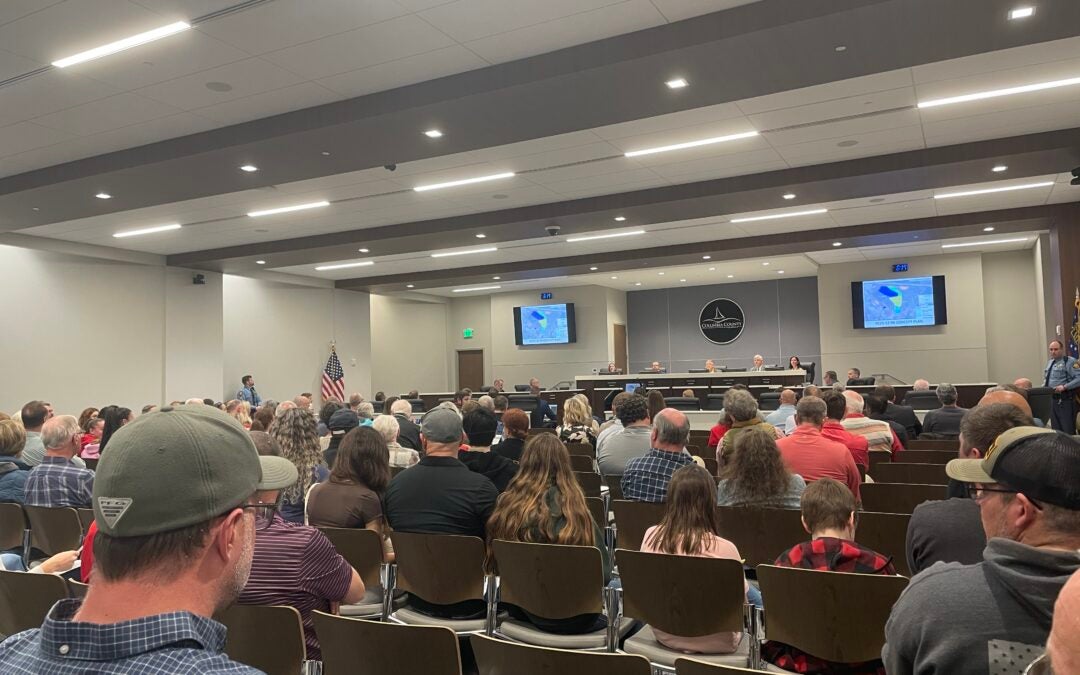My assistant for a decade, or so, when overwhelmed by the vast amount of support work she had to do to fulfill the business and speaking commitments I made would march into my office and ask me, “What is it about the word ‘NO’ that you do not understand?”
I found this wonderful, profound quote in PsychCentral, a great resource, “Guilt and resentment often reflect an anxiety around saying ‘NO’ that comes from feeling responsible for another person’s reaction. When you feel guilt, you have an opportunity to reflect on whether you are fulfilling your resonsibilities in saying ‘NO.’ If so, you must try, try, try to… let go!”
We often fear saying “NO” because typically we want to avoid conflicts or confrontation. Another reason so many of us are concerned about saying “NO” is because we don’t want to disappoint others or worse, hurt their feelings.
You should say “NO” when
- you are saying “YES” to please someone…
- you feel obligated and compelled to say “YES”…
- you are overworked with no time…
- answering “YES” makes you uneasy…
- you are saying “YES” to be liked and appreciated…
- the request challenges your personal morality…
- someone is clearly taking advantage of you…
I found an excellent list of “10 Different Ways To Say No”
from www.betterup.com/blog/how-to-say-no and wanted to share it with you.
- Sadly, I have something else going on.
- I have another commitment.
- I wish I were able to.
- I’m afraid I can’t.
- I don’t have the bandwidth for that right now.
- I’m honored you asked me but I simply can’t.
- Thanks for thinking of me. However, I’m not able to.
- I’m sorry, I’m not able to fit this in.
- Unfortunately, I already have plans. Maybe next time!
10.No, thank you, but it sounds lovely.
Today we are blessed (perhaps also cursed) with so many
means, methods and modes of communication that we can be overwhelmed with being asked to do something, to support something, to attend something, to join something, etc. We receive messages (and “asks”) by Text, by E Mail, through Facebook, via Instagram, by Phone, by Voicemail and on and on…
The expectation is that we give an immediate response.
Immediate responses means “reacting” to a question vs. truly “thinking” about your answer before responding. It would do us all good if when asked a question we take a deep breath, think about the question for a minute and then answer “Yes” or “NO” after deliberation.
Saying “NO” often moves someone out of their comfort zone. Why? At times, we feel guilty when we say “NO.” We also have an innate desire to be liked, to be appreciated and to be included. Saying “NO” challenges that desire.
Generally speaking, we are all “YES” people. For some odd reason, we think saying “NO” is impolite, disrespectful and even selfish. Although we learn at an early age putting others before ourselves and being “selfless” vs. “selfish” is a positive attribute, sometimes saying “YES” puts us in a difficult position, distracts us from our personal activities, as well as personal responsibilities, and also forces us to fulfill another’s wishes.
Consider that saying “NO” means you’ve actually said “YES” to something more important to you that matters. Never forget the ability to say “NO” is one you own. It’s all in your hands.
There are also benefits to saying “NO.” If you’re truly comfortable saying “NO,” you will ultimately build personal poise, confidence and even self-esteem knowing you’re taking control of your life’s decisions. Life and business are all about making decisions. Never forget you are the master of your own destiny, the captain of your own ship and the navigator that defines what you do and what you avoid doing. Saying “NO” means you are confident in your moves and are in control.
“YES” or “NO” can be an quick, impulsive answer or it can be one that is thoughtful. Questions you might consider when making that important “YES” or “NO” answer includes, but is not limited to
- Does this opportunity truly interest me?
- Would this opportunity help me in my life or career?
- Does this opportunity help me in my long-term plan?
- If I say “YES,” what are the consequences?
- If I say “NO,” what are the consequences?
- How can “YES” or “NO” help me or hurt me?
- Do I have the time to take a “YES” on?
- Are the benefits of “YES” worth the necessary sacrifices?
Legendary investor and entrepreneur Warren Buffet said,
“We need to learn the slow YES and the quick NO.”
Augusta Press columnist and Acworth, GA. resident, Ira Blumenthal, is a business consultant, a best-selling author, a globally reknowned speaker, an educator and a youth Lacrosse coach. Learn more about Ira and his latest book, Your Best Is Next, at www.IraSpeak.com. You can follow Ira on instagram @irajblumenthal.
Look for Ira’s new book on Amazon, The Rundown; Safe at Home.








